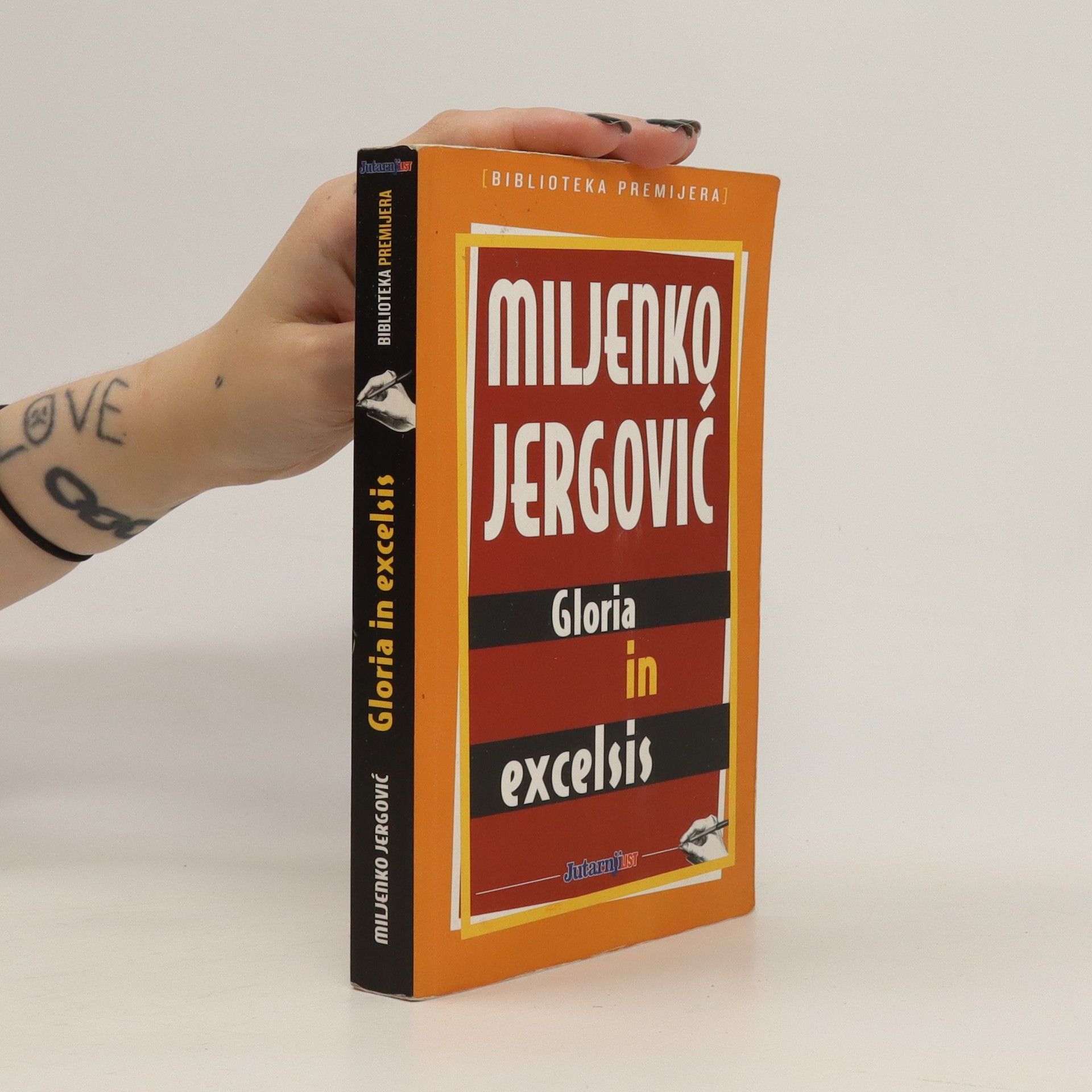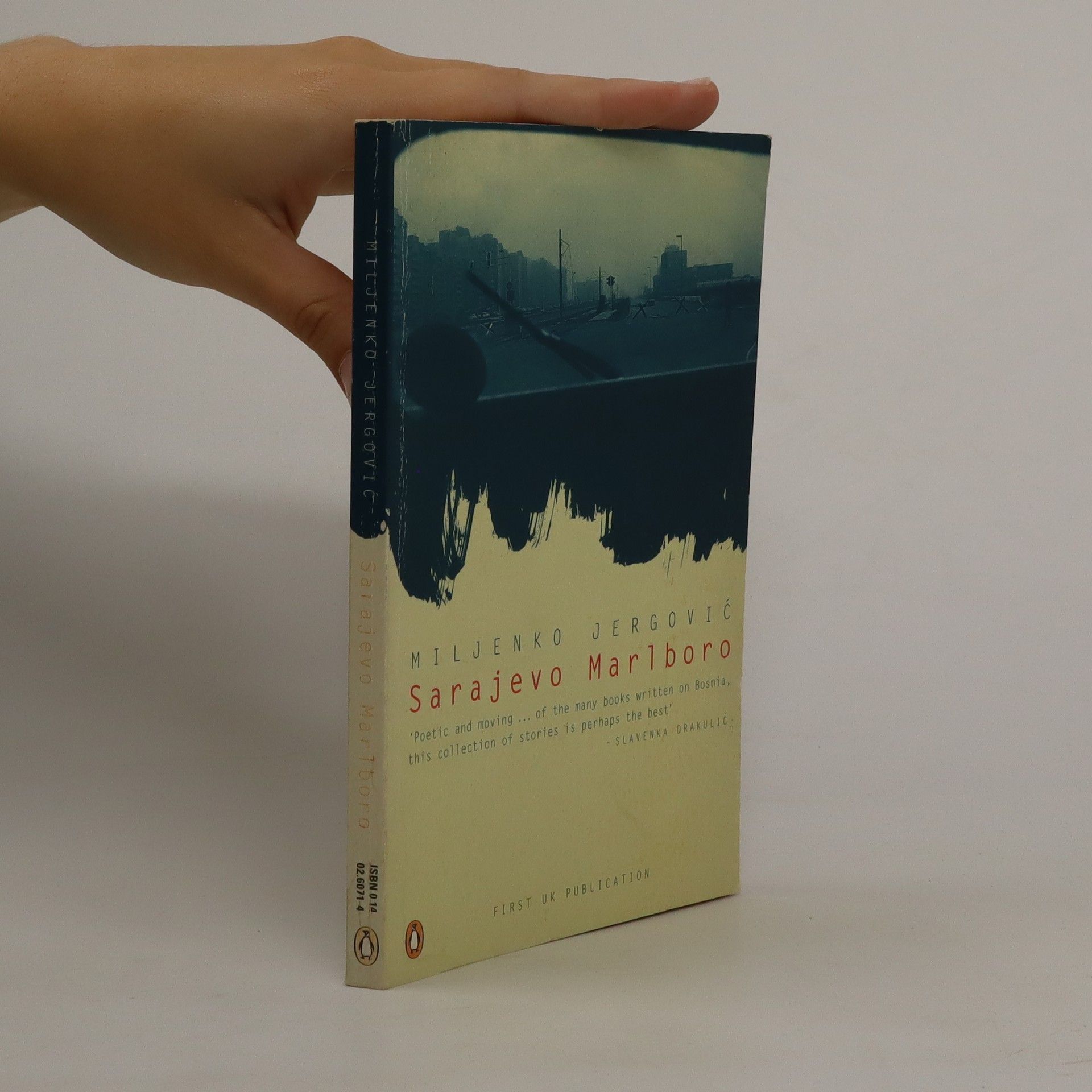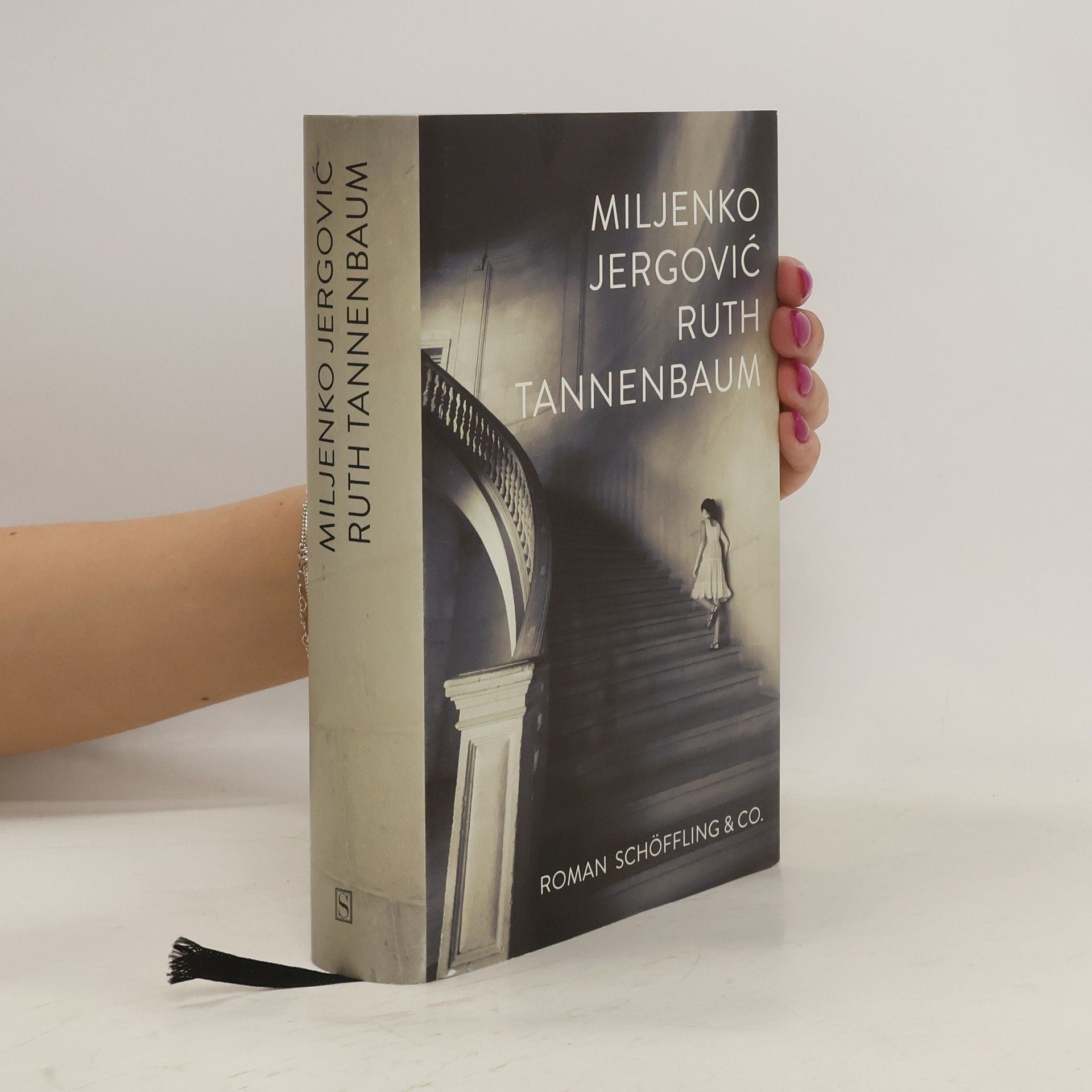Kin
- 500pages
- 18 heures de lecture
Kin is a dazzling family epic from one of Croatia's most prized writers. In this sprawling narrative which spans the entire twentieth century, Miljenko Jergović peers into the dusty corners of his family's past, illuminating them with a tender, poetic precision. Ordinary, forgotten objects - a grandfather's beekeeping journals, a rusty benzene lighter, an army issued raincoat - become the lenses through which Jergović investigates the joys and sorrows of a family living through a century of war. The work is ultimately an ode to Yugoslavia - Jergović sees his country through the devastation of the First World War, the Second, the Cold, then the Bosnian war of the 90s; through its changing street names and borders, shifting seasons, through its social rituals at graveyards, operas, weddings, markets - rendering it all in loving, vivid detail. A portrait of an era.





